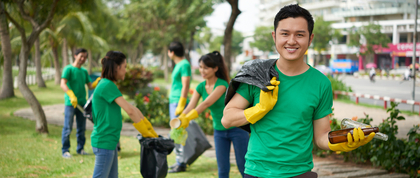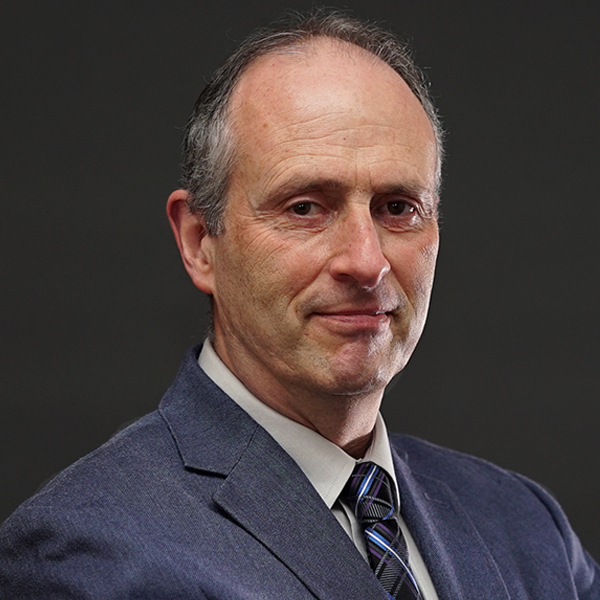
As another hurricane season approaches and the COVID-19 pandemic stretches on, it’s worth recognizing the power of a community to safeguard the health and well-being of its residents, even in the face of devastating threats as varied as a hurricane or a novel virus.
In the weeks after Hurricane Katrina hit the Gulf Coast in August 2005, the city of New Orleans was a ghost town: houses gutted, streets without power, debris stretching for miles. Seventy percent of the city was underwater. But in one neighborhood in New Orleans East, a Vietnamese-American stronghold, people were returning by the thousands, pitching their tents on the higher grounds of the neighborhood’s large Catholic church, Mary Queen of Vietnam.
This Vietnamese community rallied around the priest who was their spiritual leader. They created small teams of workers built around Vietnamese plumbers, electricians, and carpenters, and they methodically moved through their neighborhood, clearing and rebuilding.
They did not wait for federal help, but relied instead upon themselves and their kinship networks across the country, who sent in building and food supplies. They built their neighborhood back faster and better than any other New Orleans neighborhood.
They fought off a planned wastewater plant in their community, scoring an environmental justice victory. And because they had stabilized their community quicker than others in the city, they were able to marshal their newfound political power and elect the first Vietnamese-American representative to Congress.
When our GPH research team went back to the members of the longitudinal Katrina cohort we had been following since the hurricane, which included many of these Vietnamese-American residents, we asked them to reflect upon their recovery 13 years after the storm. Ninety-five percent said they had recovered fully -- 17 percentage points better than everyone else with whom we spoke.
The communitarian spirit that propelled the Vietnamese residents to recover is not unique to a particular cultural or ethnic group. It is rather a common social phenomenon, one noted by Alexis de Tocqueville in the early 19th century, sociologist Robert Bellah in the 1980s, and Rebecca Solnit just a few years ago. The rise of mutual aid networks in many Covid-struck cities reflects this same spirit of collective responsibility and action. Threats can unite us, especially if we regard our fellow citizens as “us” and not “them."
When most people think of disaster preparedness they think of emergency kits, go-bags, and stocks of water. That’s important. But it isn’t as powerful as seeing our common humanity in each other. That is true resilience.

David Abramson, PhD
Clinical Associate Professor of Social and Behavioral Sciences